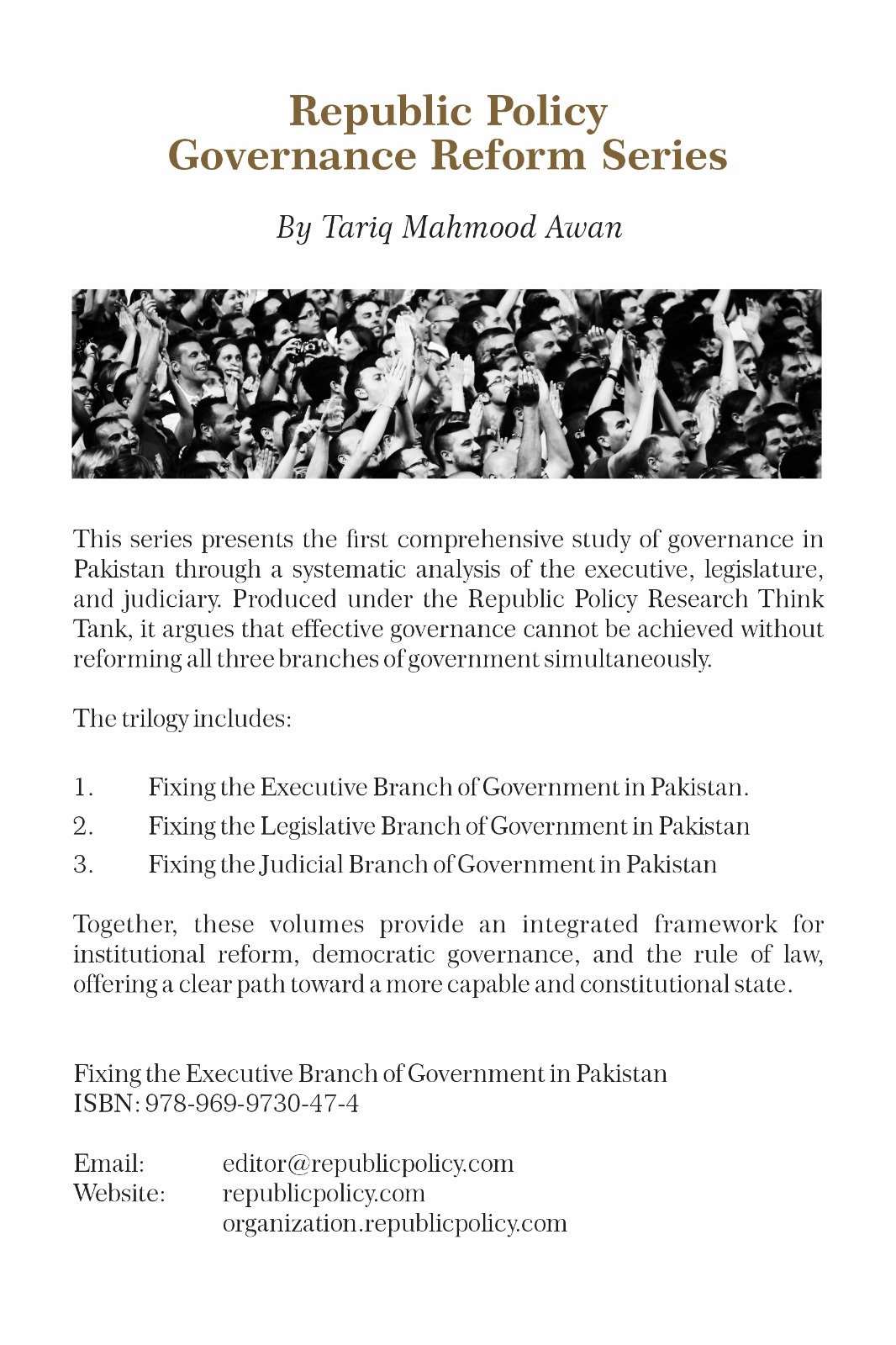A functional public delivery system refers to a system that is capable of efficiently delivering public services to citizens. This includes services such as healthcare, education, transportation, public safety, and social welfare programs.
To develop a functional public delivery system, it is essential to have a clear understanding of the needs of the citizens and the challenges that need to be overcome. This requires a comprehensive approach that involves designing and implementing policies, building infrastructure, and ensuring that there is adequate funding and human resources to support the system.
A functional public delivery system is critical for a welfare state because it ensures that citizens have access to essential services that promote their well-being and improve their quality of life. In a welfare state, it is the responsibility of the government to provide these services to all citizens, regardless of their income or social status.
Local governments play a crucial role in the delivery of public services, as they are often responsible for implementing policies and managing programs at the community level. They are also responsible for ensuring that public services are accessible and responsive to the needs of their constituents.

In Pakistan, developing a functional public delivery system is essential to address the country’s significant development challenges, including poverty, inequality, and limited access to basic services. It requires a commitment to improving governance, increasing transparency, and enhancing the capacity of the public sector to deliver services effectively. This will require significant investments in infrastructure, human resources, and technology, as well as a willingness to collaborate with local communities and stakeholders to ensure that public services are responsive to their needs.














